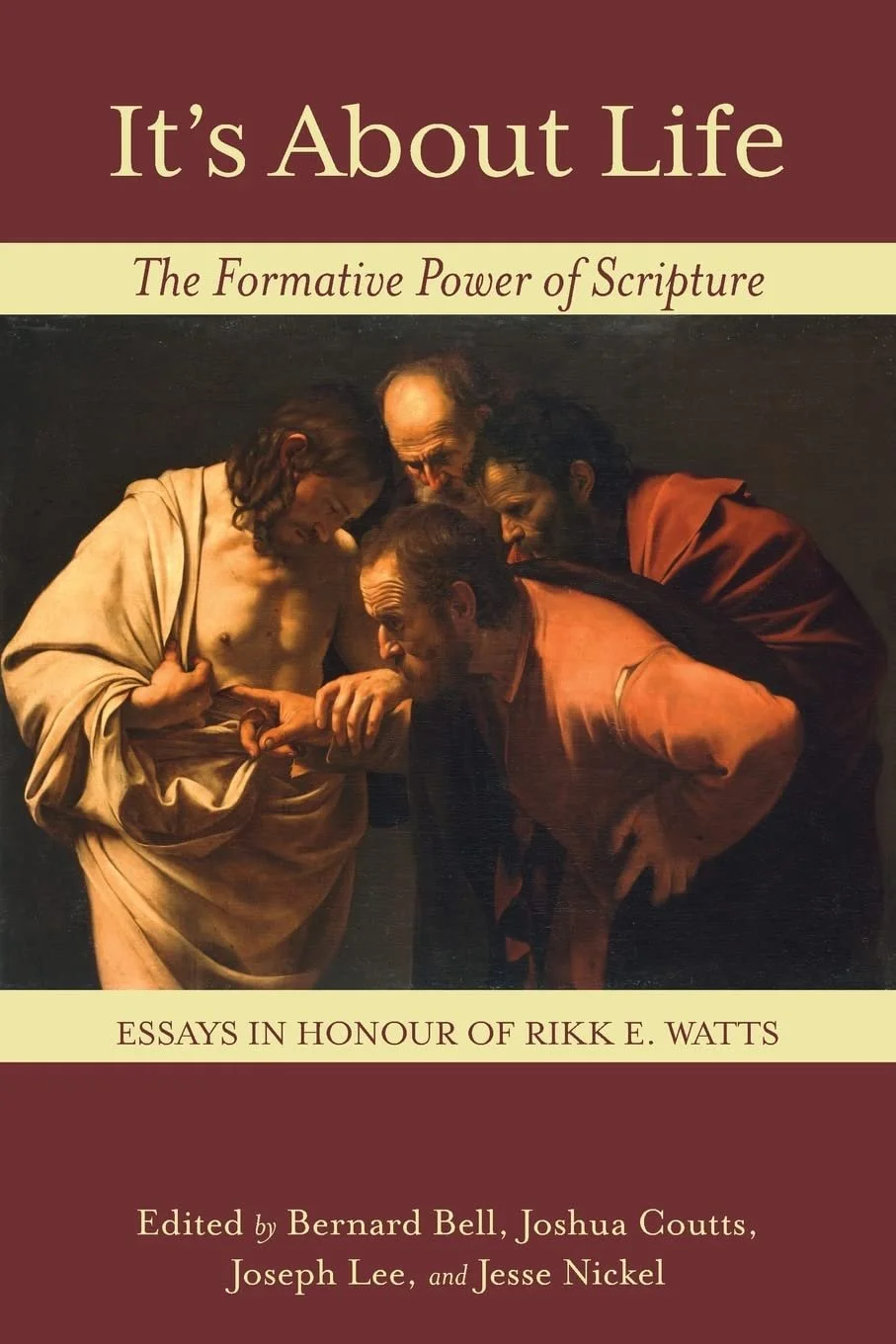A Revolutionary Jesus
Violence and Peacemaking in the Kingdom of God
This book is about Jesus's perspective on violence, the ways this is demonstrated in his ministry, and its implications for Jesus's followers. It begins by examining the nature and role of violence within Second Temple Jewish eschatology.
"Eschatological violence"—violence connected in some way with eschatological expectations—was an important factor in the world of Jesus and his contemporaries. Many believed that God's long-awaited deliverance was contingent on his people's taking up the sword against their oppressors, thus demonstrating their zealous allegiance to the covenant. In contrast, Jesus articulated and enacted a vision for God's reign in which violence was completely disassociated both from the means of the kingdom's inauguration and from the character of those who belonged to it. This was a kingdom defined by peace, whose people would be identified by peacemaking, exemplified by its Lord, whose victory was accomplished in giving his own life.
Jesus's rejection of violence thus grew from the very core of his understanding of his task, his identity, and the character of the kingdom. To be a disciple is to follow Jesus's teaching and example. Therefore, it is clear that violence should have no place in Christian praxis.
The Things That Make for Peace
Jesus and Eschatological Violence
This study offers fresh insight into the place of (non)violence within Jesus’ ministry, by examining it in the context of the eschatologically-motivated revolutionary violence of Second Temple Judaism.
The book first explores the connection between violence and eschatology in key literary and historical sources from Second Temple Judaism. The heart of the study then focuses on demonstrating the thematic centrality of Jesus’ opposition to such “eschatological violence” within the Synoptic presentations of his ministry, arguing that a proper understanding of eschatology and violence together enables appreciation of the full significance of Jesus’ consistent disassociation of revolutionary violence from his words and deeds.
The book thus articulates an understanding of Jesus’ nonviolence that is firmly rooted in the historical context of Second Temple Judaism, presenting a challenge to the "seditious Jesus hypothesis"—the claim that the historical Jesus was sympathetic to revolutionary ideals. Jesus’ rejection of violence ought to be understood as an integral component of his eschatological vision, embodying and enacting his understanding of (i) how God’s kingdom would come, and (ii) what would identify those who belonged to it.
It’s About Life
The Formative Power of Scripture
“We declare to you what was from the beginning, what we have heard, what we have seen with our eyes, what we have looked at and touched with our hands, concerning the word of life” (1 John 1:1).
This book brings together an international group of scholars to explore various aspects of the conviction that Scripture was intended to bring life. It features essays that (1) investigate texts featuring the theme of life, (2) consider how interpreters might approach Scripture with the aim of contributing to the life of the world, and (3) explore ways in which biblical visions of flourishing might bear fruit in the world. As such, the chapters collectively illustrate how biblical scholarship might be a handmaiden to the aims of Scripture itself.
Including contributions by David Allen, Bernardo Cho, Joshua Coutts, Jen Gilbertson, Peter Head, Mariam Kamell Kovalishyn, Jesse Nickel, Iain Provan, Thomas Shepherd, Sven Soderlund, Loren Wilkinson, and N. T. Wright.


